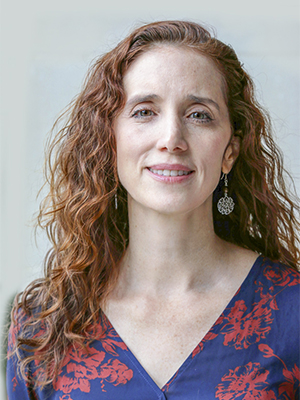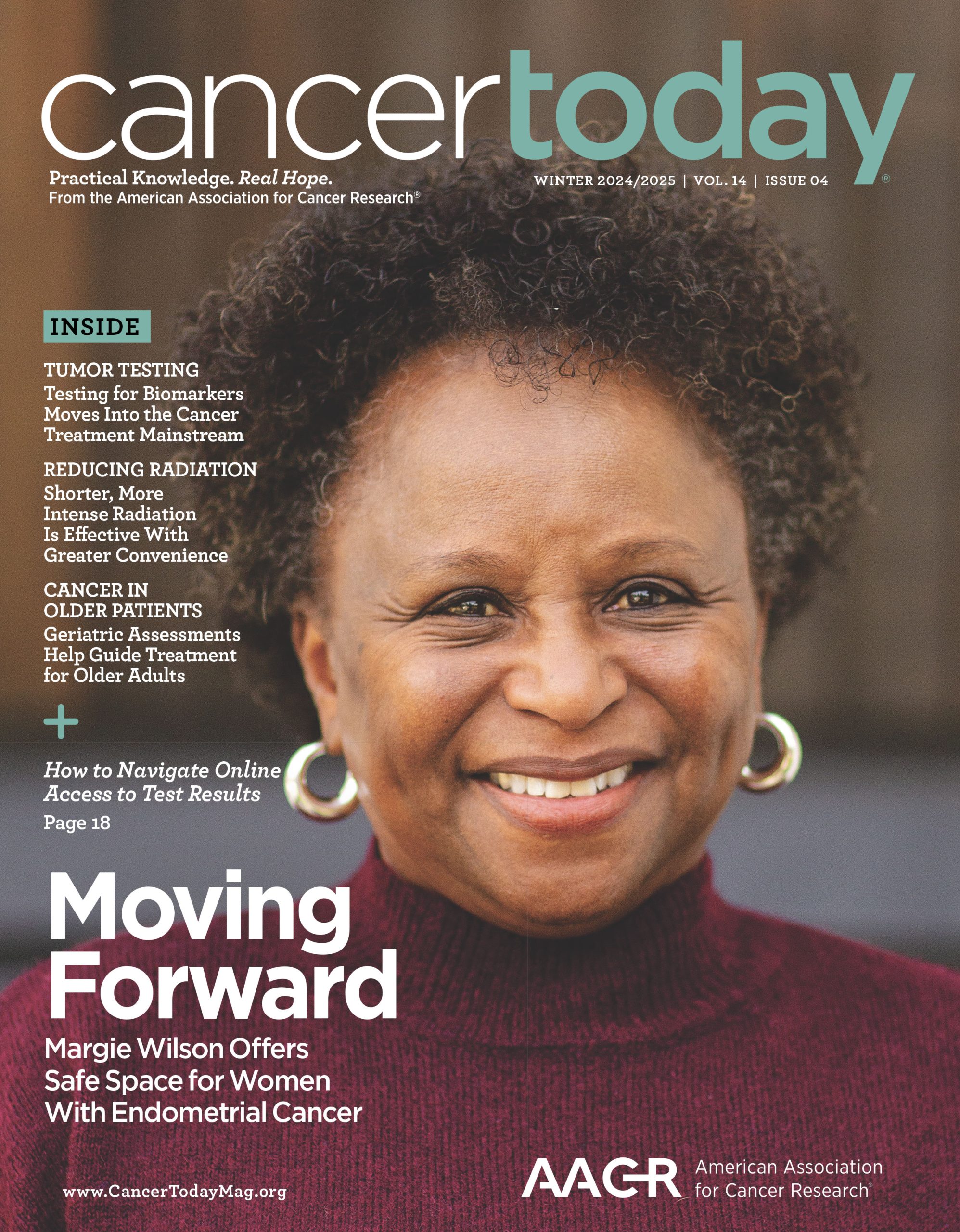
K.J. Bannan Photo by Suz Redfearn
A 2022 RESEARCH REVIEW published in Psycho-Oncology found that 42% of people caring for someone with cancer have depression. The study authors stressed that health care providers should screen caregivers for signs of depression and provide adequate mental health support.
These findings should not be surprising. Caregivers are under enormous stress. In addition to balancing everyday work, family and life obligations, they have the added responsibility of being present mentally and physically for their loved one throughout cancer treatment.
Caregivers may understandably put their own health concerns on the back burner as they focus on their loved one’s needs. In addition, in their efforts to juggle caregiving demands, they may not recognize they are depressed—a condition characterized by a persistent feeling of sadness and loss of interest in activities. Symptoms of depression include feelings of hopelessness, restlessness, anxiety, fatigue and anger, as well as changes in appetite or sleep habits.
“When somebody is sick, the focus is on the patient. Sometimes you have to say, ‘Well, I’m a person too, and I’m being really affected by the disease too,’” says Laura Michaels, a Denver-based mental health counselor in private practice and the co-author of Living in Limbo: Creating Structure and Peace When Someone You Love is Ill. Michaels struggled with depression while she was caring for her husband, who was diagnosed with advanced lung cancer in 2005 and later died from the disease.
Michaels recommends talking with your loved one’s nurses and doctors at the cancer center if you need support. She notes that some cancer centers have programs tailored to caregivers and family members. “When my husband had cancer, there was a staff social worker who made herself available,” she says. “She reached out to me and said, ‘I’m always here if you want to talk.’ It was really helpful.”
Still, caregivers may need to cast a wider net to get mental health support. A study published Sept. 21, 2023, in the Journal of the National Cancer Institute surveyed more than 100 community cancer clinics. Only 16% of the clinics reported that they routinely screened caregivers for distress, including for symptoms of depression, and just 13% of the facilities had a formal plan to refer caregivers to mental health services. If your loved one’s treatment team doesn’t offer this kind of support, a family doctor can be a valuable resource, Michaels adds. In addition, Psychology Today offers a searchable database of mental health providers that allows people to filter results based on location, accepted health insurance plans and areas of expertise, including terms such as “cancer” and “depression.”
Borrowing from the safety advice given to passengers on airplane flights during times of sudden loss of pressure, Michaels adds that it’s imperative to ensure your own safety so you can help others. “Put your own ‘oxygen mask’ on first. If you’re just getting by and getting more depleted and more depressed, you’re not going to be able to take care of you or the person you’re taking care of.”
If you are feeling so overwhelmed that you are thinking of harming yourself or others, it is a true medical emergency. Dial 911 or the Suicide & Crisis Lifeline at 988.




